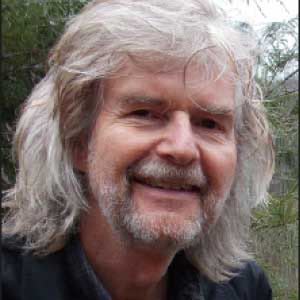A workshop at the Outreach and Advocacy Conference led by Shelagh McGlynn, youth animator for the Anglican Church of Canada, flipped on its head the standard way that Anglicans generally think about youth ministry.
“Young people are leading the way on a number of things, on climate issues, Indigenous issues,” said Ms. McGlynn. “Young people are in a place to lead us. They know this stuff. How do we walk alongside youth in that work?”

She noted that climate activist Greta Thunberg and American congresswoman Alexandria Ocasio-Cortez, both young, have said that if you’re over 40, you need younger mentors in your life. And if you’re under 40, you need to share your experiences in your life. She encouraged Anglicans to connect with young people and find out what they’re thinking. One way to do that is by learning about the issues and reading novels such as The Marrow Thieves by Métis author Cherie Dimaline.
A youth group leader at the workshop echoed the point that young people are already active on social justice issues but often don’t think that the Church cares about the issues that young people care about.
Ms. McGlynn pointed to planning for the next Canadian Lutheran Anglican Youth (CLAY) gathering, slated for next August in Waterloo as an example of how the Church can improve its work with Indigenous youth. It’s always been difficult to involve Indigenous youth in this event, which attracts several hundred young Anglicans and Lutherans from across Canada. However, thanks to a generous donation from the Anglican Foundation, funds will be available to support participation by young Indigenous participants at the next CLAY conference. “I’m really excited about that,” said Ms. McGlynn. Conference plans include a visit to the nearby First Nations community of Six Nations, near Brantford, Ont. The Ven. Val Kerr, an Indigenous elder and Archdeacon for Truth, Reconciliation and Indigenous Ministry in the Diocese of Niagara, is helping to plan the conference.
Ms. McGlynn put forth a number of action ideas that Anglicans could consider: listening to the voices of youth; encouraging action on the Truth and Reconciliation Commission’s 94 calls to action; and reviewing the 270 recommendations of the report on Missing and Murdered Indigenous Women, and then acting on them. Other activities a parish could take include showing the film Doctrine of Discovery: Stolen Lands, Strong Hearts or showing Indian Horse, another excellent film about a residential school experience, and using the film’s study guide.



Turning point came through listening